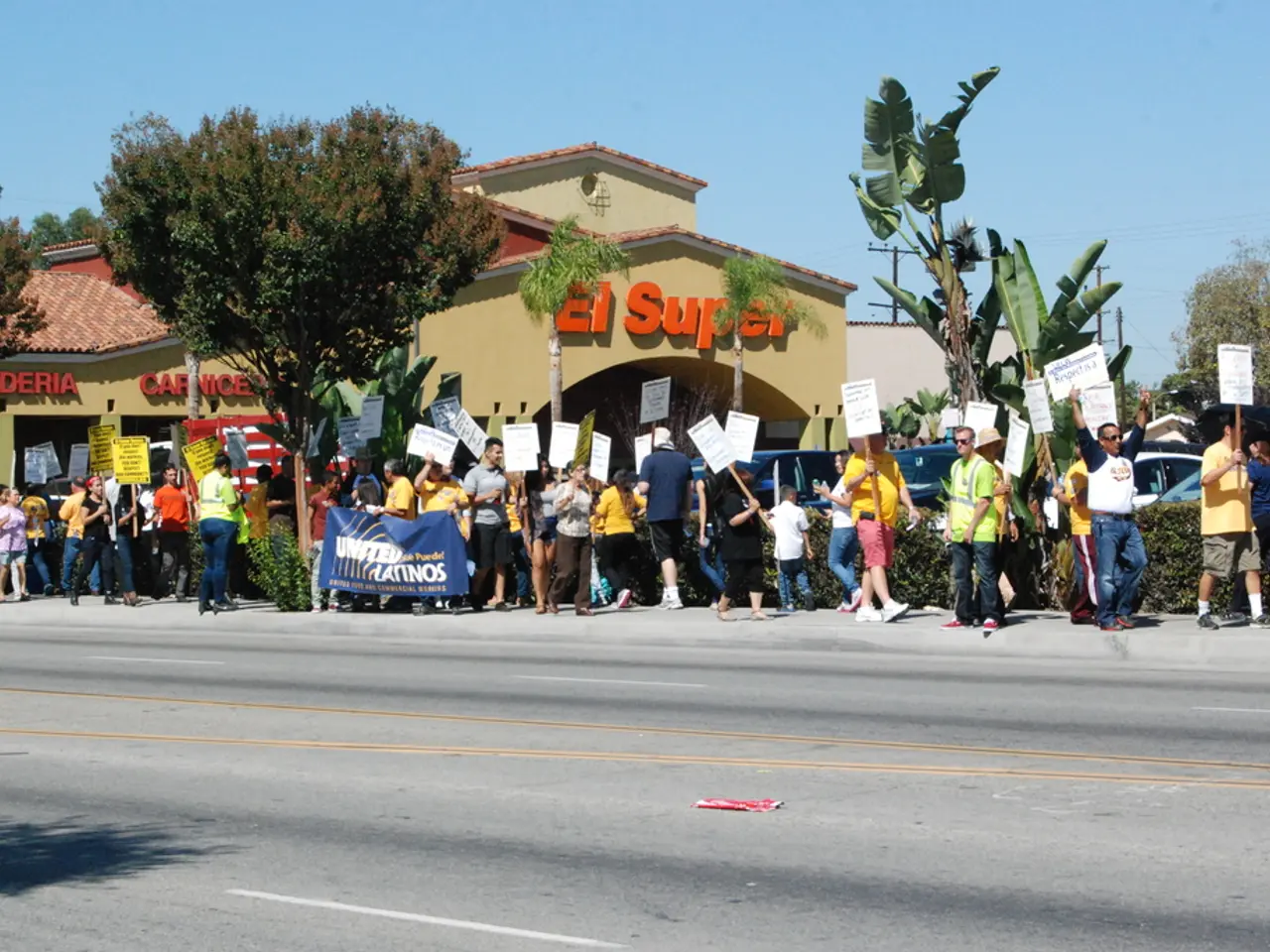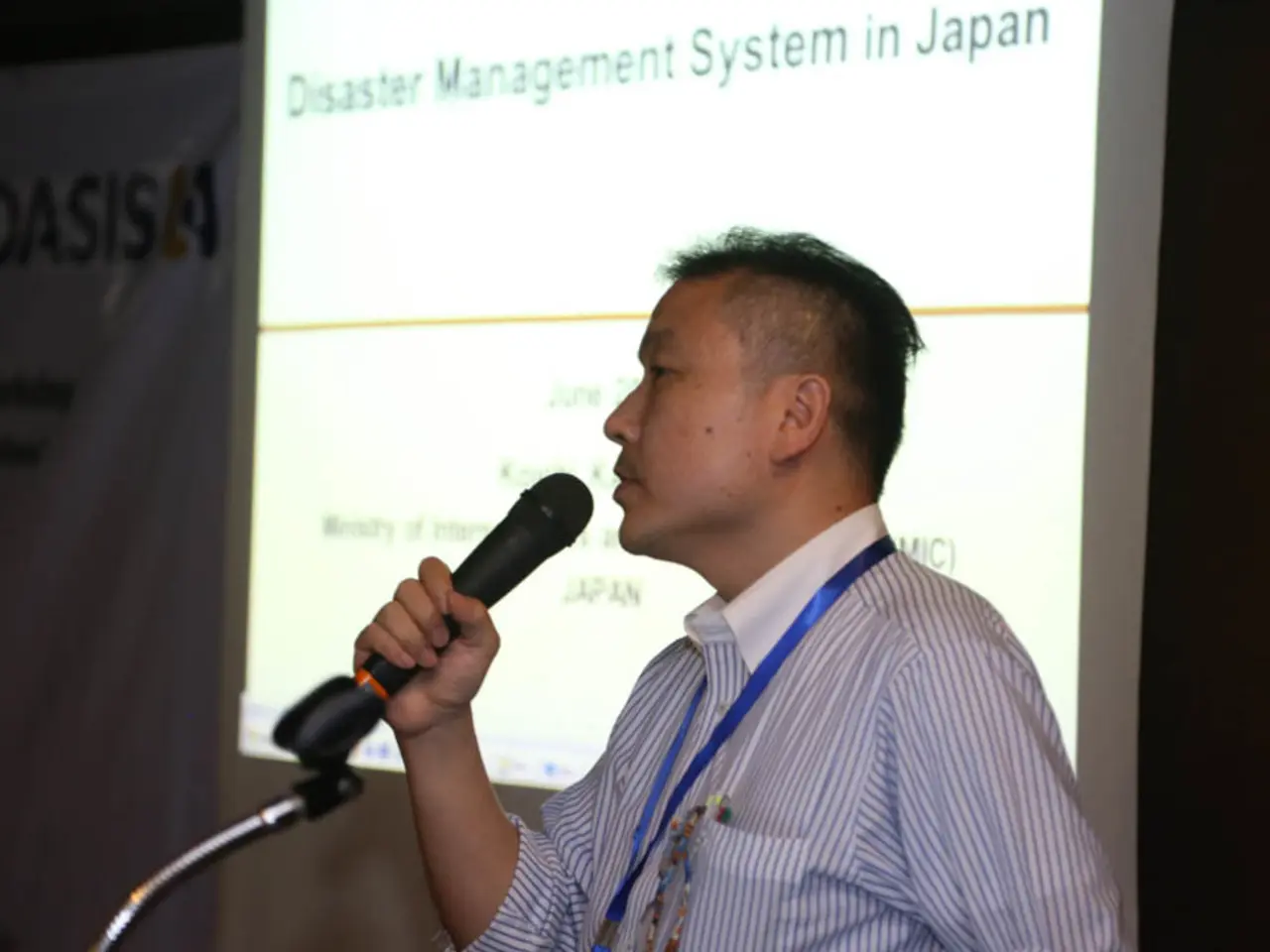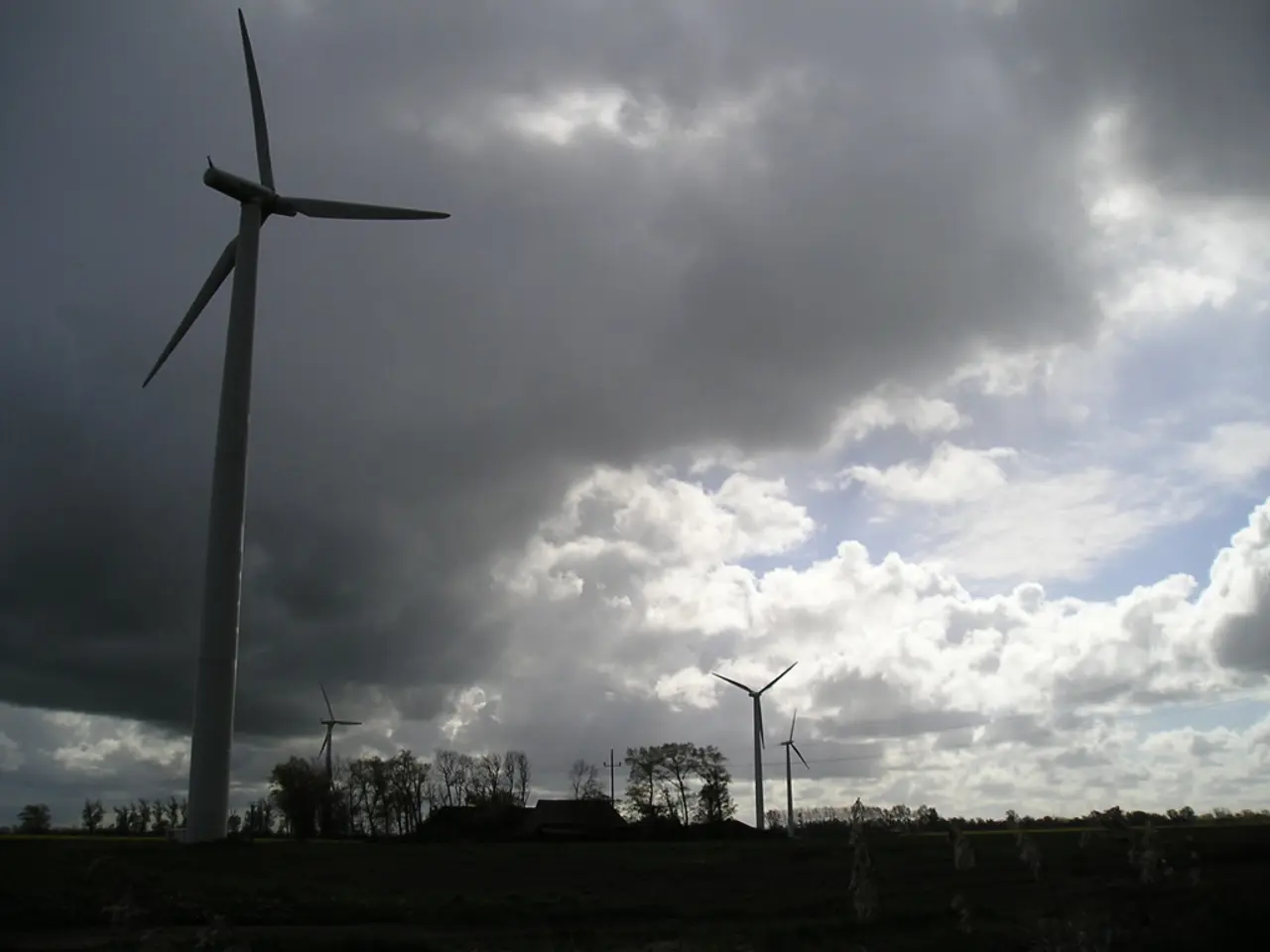Texas Redistricting Developments and Democrats Facing Potential Civil Arrest Warrants: A Look Ahead
The Texas House of Representatives has taken an unprecedented step in an effort to restore quorum, voting to issue civil arrest warrants for Democratic lawmakers who have fled the state. These warrants, however, are not criminal in nature and are only enforceable within Texas.
The warrants, signed by Texas House Speaker Dustin Burrows, empower the Texas sergeant-at-arms and state troopers to arrest the absent Democrats and bring them to the Capitol. The Democrats have fled to states such as Illinois, New York, and Massachusetts to avoid these arrests.
Texas Governor Greg Abbott has ordered the Texas Department of Public Safety to locate, arrest, and return the absent Democrats to the House chamber. However, as the Democrats are not breaking any criminal or state laws, extradition is not possible.
To address the interstate enforcement issue, Texas officials, including Attorney General Ken Paxton and House Speaker Dustin Burrows, have sought cooperation from other states, notably Illinois, by invoking the "full faith and credit" clause of the U.S. Constitution. Texas has filed a request with the Illinois Eighth Judicial Circuit Court to recognize its civil arrest warrants as valid public acts entitled to enforcement in Illinois.
This step represents a significant escalation, as previous quorum-breaking incidents in Texas (2003 and 2021) involved issuing civil warrants but did not include attempts to enforce them beyond Texas borders. Illinois Governor J.B. Pritzker has stated he intends to protect the Democratic lawmakers who fled there, suggesting that Illinois may resist enforcing Texas’s warrants, raising constitutional and political conflicts around interstate extradition and comity.
The legal process for these warrants is complex, involving state legislative authority, cooperation requests between states’ courts and law enforcement, and potential legal disputes over extradition and state sovereignty. The Texas House has also adopted new rules that allow for $500-per-day fines for absent members, but these rules have not yet been tested in state court.
The absence of the Texas House Democrats is aimed at preventing the state's legislature from redrawing Texas congressional districts to make five seats more favorable for the GOP. Texas Governor Abbott has suggested he will seek to remove the absent Democrats from office and replace them.
This complex scenario illustrates the tension between minority quorum-breaking power in state legislatures and majority attempts to restore quorum using civil arrest warrants, complicated further when lawmakers leave the state to avoid arrest and enforcement efforts confront constitutional limits on interstate cooperation.
References:
- Texas Tribune
- CNN
- Houston Chronicle
- The Hill
- Politico
- The legal dispute between Texas and Illinois over the civil arrest warrants issued for Democratic lawmakers who have fled to avoid quorum in the Texas House of Representatives highlights the complexity of policy-and-legislation surrounding interstate legislative authority and extradition.
- The ongoing political standoff in Texas, as Democrats evade civil arrest warrants and Republicans seek to restore quorum, is generating wide-ranging general-news coverage, with constitutional and political challenges arising from both intra-state and interstate dynamics.







